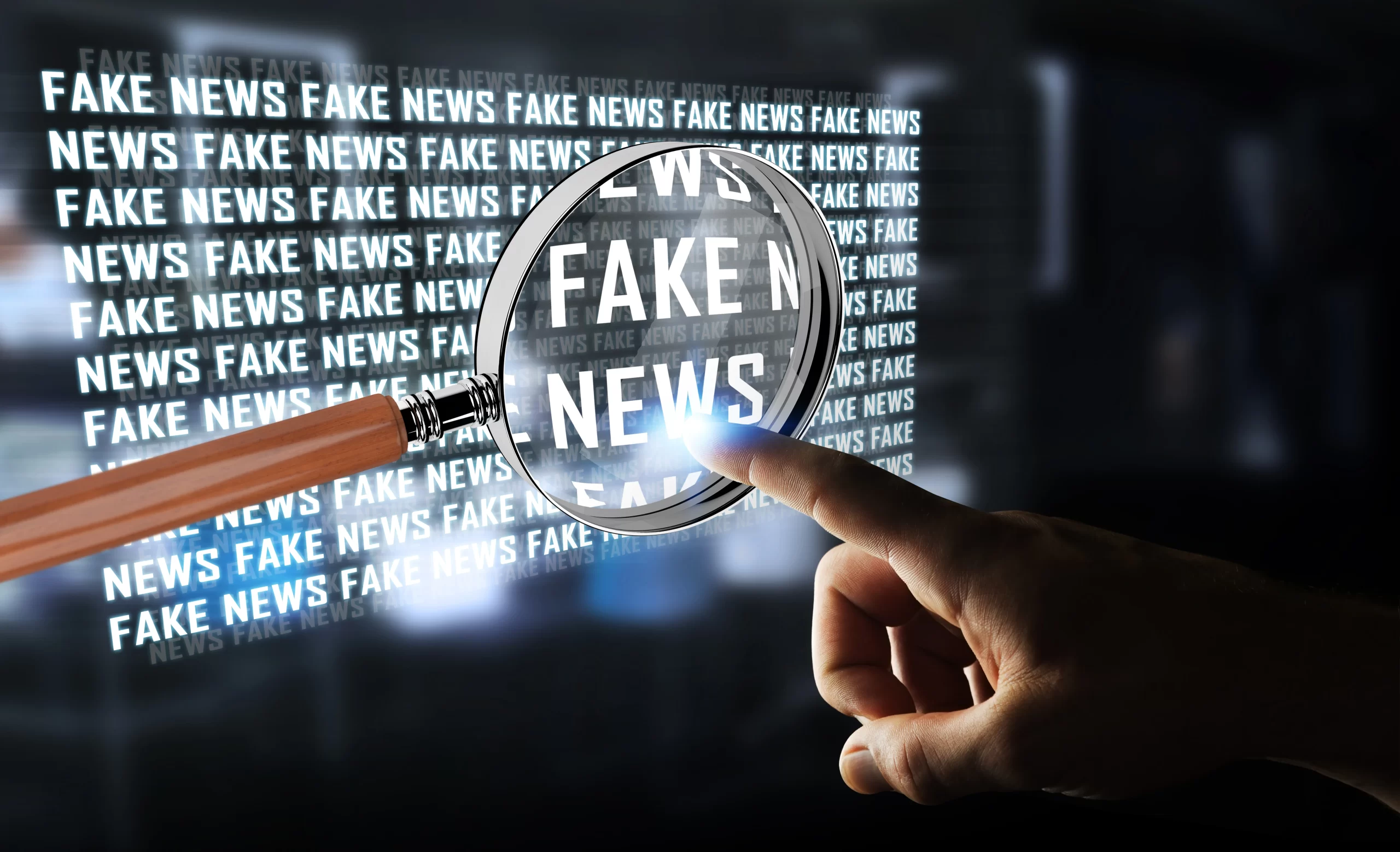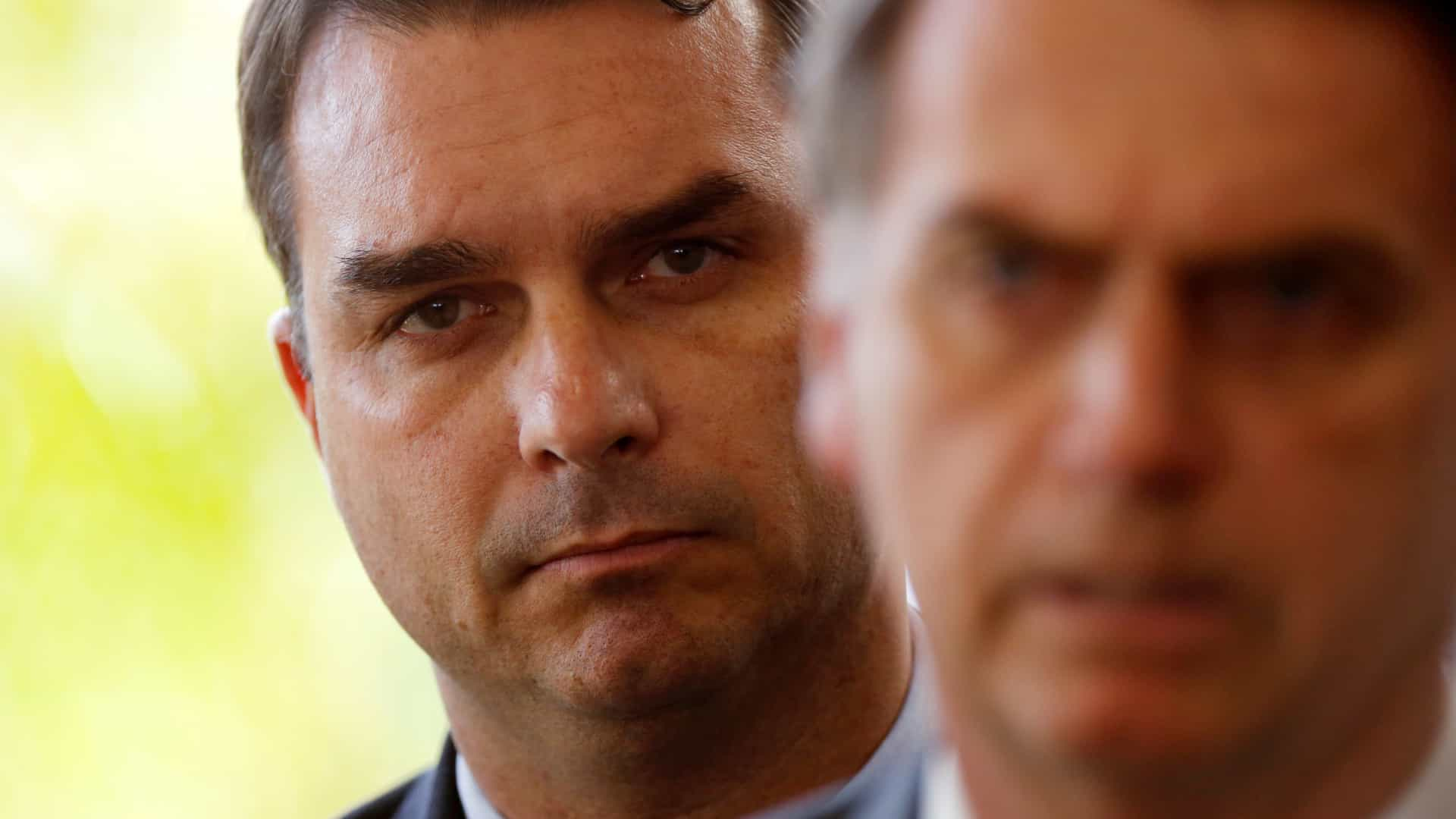Jesus was silent when Pilate questioned him about what the “Truth” was. Accustomed as he was to spreading and creating fake news, the Roman Governor found himself facing Someone who never lied. He was troubled by his thought before the Truth and trying to ridicule he questioned “What is the Truth”.
Today in the National Congress circulates the PL of Fake News, defended by some and opposed by others. “It will be censorship, control of the manifestation of the citizen’s thought” While others claim that “it is the defense of democracy threatened by lies and the accountability of social media“.
A Catholic, a Christian or even a person of good will would not need a specific law to not propagate lies, because there are already two commandments, one more linked to religion and the other to civil life: the 2nd Commandment which says: Do not take his holy name in vain and the 8th which states: Do not bear false witness .
Being faithful to these two commandments of the Law of God guarantees peace and concord among your fellow men.
And the Law, what does it say?
In the case of statements in court the Penal Code states: Art. 342. Make a false statement, or deny or silence the truth as a witness, expert, accountant , translator or interpreter in a judicial or administrative proceeding, police inquiry, or arbitration: Penalty – imprisonment, from 2 (two) to 4 (four) ) years, and fine.
In 2001, the figure of the Accountant was included and in 2013, given the subsequent actions against Corruption, the penalty was increased.
In the current Code of Civil Procedure, lying is provided for in art. 80, which considers “a litigant in bad faith to be someone who makes a claim or defense against an express text of law or an undisputed fact (I); alter the truth of the facts (II); using the process to achieve an illegal objective (III); oppose unjustified resistance to the progress of the process (IV); proceed recklessly in any incident of the process (V); provoke manifestly unfounded incident (VI); or file an appeal with a manifestly delaying purpose (VII).”
“Lying so much harms the principles of good faith and procedural loyalty, which must guide all areas of law, being expressly provided for in the Code of Civil Procedure, in its art. 5th; as for cooperation (provided for in article 6 of the same Codex), since all the subjects of the procedural relationship must collaborate mutually in order to obtain a fair and effective decision on the merits, in the quickest possible time”, says Nara de Almeida Giannelli Beleosoff, partner lawyer at Jacó Coelho Advogados in the article: The Lie in Civil Procedure and its Consequences .
What are the psychological implications of lying?
The authors Danilo Wágner de Souza Matias, Jamila Leão Leime, Carmem Walentina Amorim Gaudêncio Bezerra and Nelson Torro-Alves state in the study published at https://doi.org/10.1590/0102-37722015032213397401 that “Lying is a psychological process by which a individual deliberately tries to convince another person to accept what the individual himself knows to be false, for his own benefit or that of others, to maximize a gain or avoid a loss ( Abe, 2009 ; Abe, Suzuki, Mori, Itoh, & Fujii, 2007 ; Abe, 2011 ; Lefebvre, Marchand, Smith, & Connolly, 2009). Lying is an instinctive act and works as a weapon of social preservation, however, from a legal point of view, it is evaluated by its intent, that is, by its intention and the moral or material harm it causes ( Castilho, 2011 ) .
“The liar must, first of all, omit the truth and then construct an alternative statement plausible to the listener, while concealing the signs of nervousness. Such a process implies a greater use of cognitive resources than when telling the truth ( Williams, Bott, Patrick, & Lewis, 2013 ).”
The development of research and scientific studies on the Lie is very limited in Brazil, although it is current abroad. The authors mentioned above list only 5 studies found on specific platforms on the subject.
Psychology concludes that the liar to manufacture fake news needs to use an important part of his brain, requiring attention and agility to make the lie plausible.
Bill No. 2630, of 2020
The Fake News Law or Brazilian Law of Freedom, Responsibility and Transparency on the Internet is an initiative of Senator Alessandro Vieira (CIDADANIA/SE) .
Explanation of the Amendment to the Law: “It establishes norms related to the transparency of social networks and private messaging services, especially with regard to the responsibility of providers for combating misinformation and increasing transparency on the internet, transparency in relation to sponsored content and the performance of the public power, as well as establishing sanctions for non-compliance with the law“.
Orlando Silva (PCdoB-SP), rapporteur for the Fake News Bill in the Chamber of Deputies, delivered a new text to the PL removing one of the most critical points of the opposition and the so-called big techs: the creation of a supervisory body for performance of digital platforms.
Read here (PDF) the full text of the final text and the preliminary opinion.
Those who read PL 2630 realize that Brazilians will not be deprived of their freedom to comment or spread lies and fake news. The main focus of the law is the accountability of social media that store and disseminate political, social, religious, etc., untruths for payment.
But you need to read the text of the bill to understand that… yes, it is not enough to talk about who will lose lots of money on monetizations to spread videos and fake news, on whatever platform.
Have you read it or will you be one more to spread fake news?



